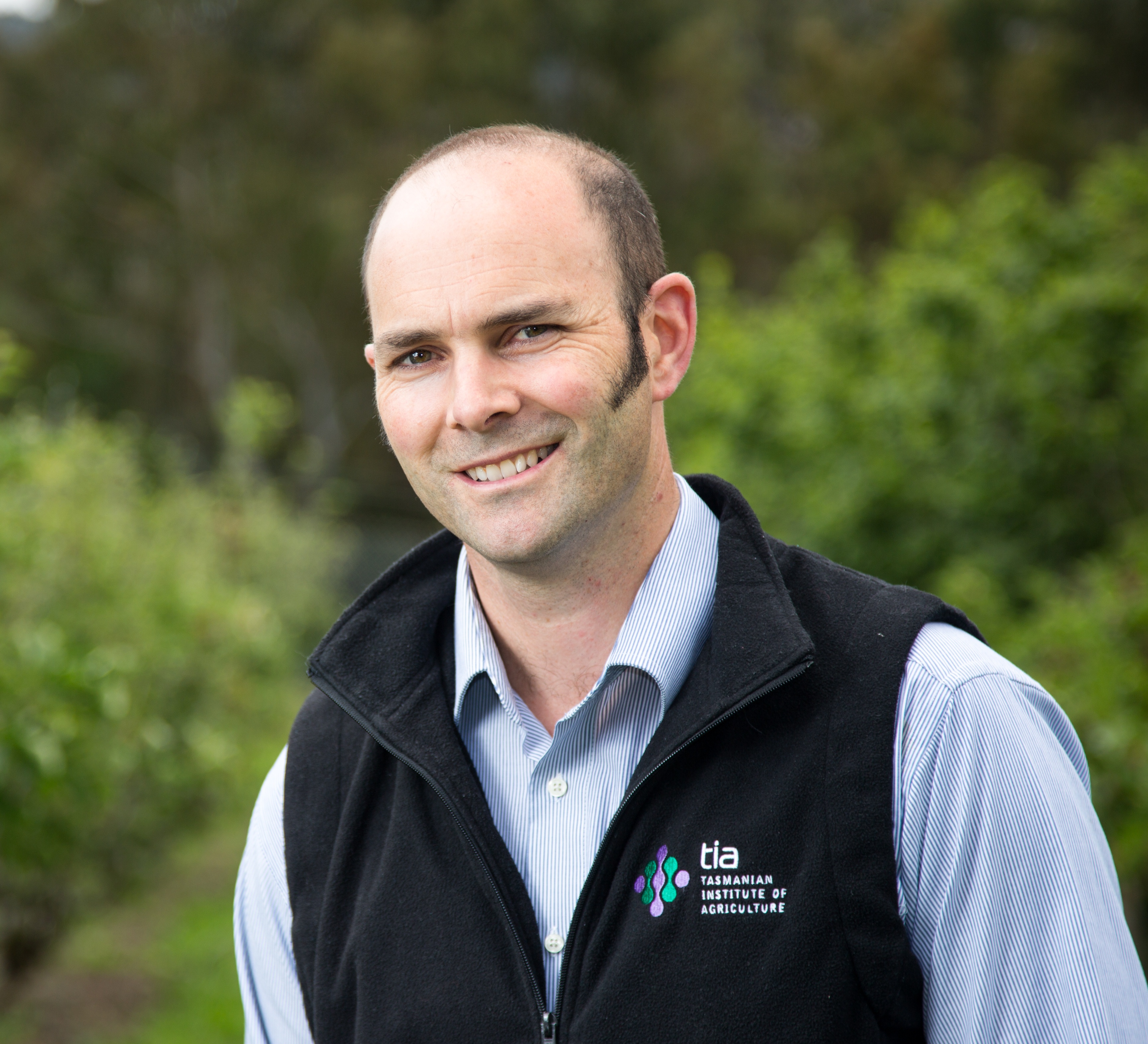The Tasmanian Institute of Agriculture has received additional funding for a research hub that’s examining the prospect of growing traditional Chinese herbs in Tasmania. It presents a huge opportunity for Tasmania to tap into a $130 billion global industry.
The $1 million project was due to finish this year but has been extended to 2026 after an extra $278,000 was allocated by AEMG Education/W&E Health.
The two-and-a-half year extension will allow the completion of seven PhD projects that are investigating six potential new crops for Tasmania, including whether Chinese Bellflower, Milkvetch, and peony can be grown in Tasmania to the required quality specifications.
TIA Professor Dugald Close said the research could kickstart a new agricultural industry for Tasmania based on production and processing of premium quality medicinal herbs.
“The funding extension will allow to continuation of important research for Tasmania. We are thrilled that AEMG Education continues to support our partnership with their very significant commitment,” Professor Close said.
“This will allow the completion of seven PhD projects by our talented team and enable exciting science that can eventually create commercial value in terms of new crops that can be grown in Tasmania.
“Our research aims to match the Tasmanian climate and soils with potential new crops, and develop growing systems to optimise quality in terms of the bioactive components. The rising demand of Chinese medicinal herbs could create an opportunity in Tasmania.”
The research hub for Traditional Chinese Medicinal Herbs was created as a partnership between the Tasmanian Institute of Agriculture and AEMG Education in 2019.
A spokesperson from AEMG Education said they are keen to continue to support the research hub.
“We are immensely proud of our involvement in the Traditional Chinese Medicine research hub and the partnership with TIA. This initiative not only represents a bridge between Eastern and Western agricultural practises but also showcases the potential for Tasmania’s unique climate and soils to diversify into new, high value crops.”



